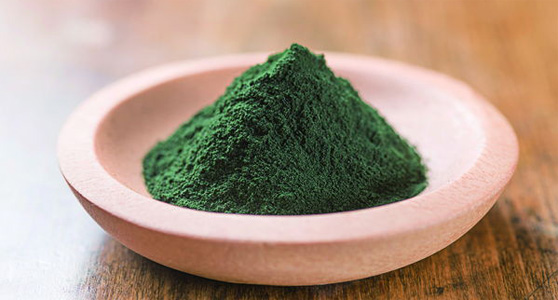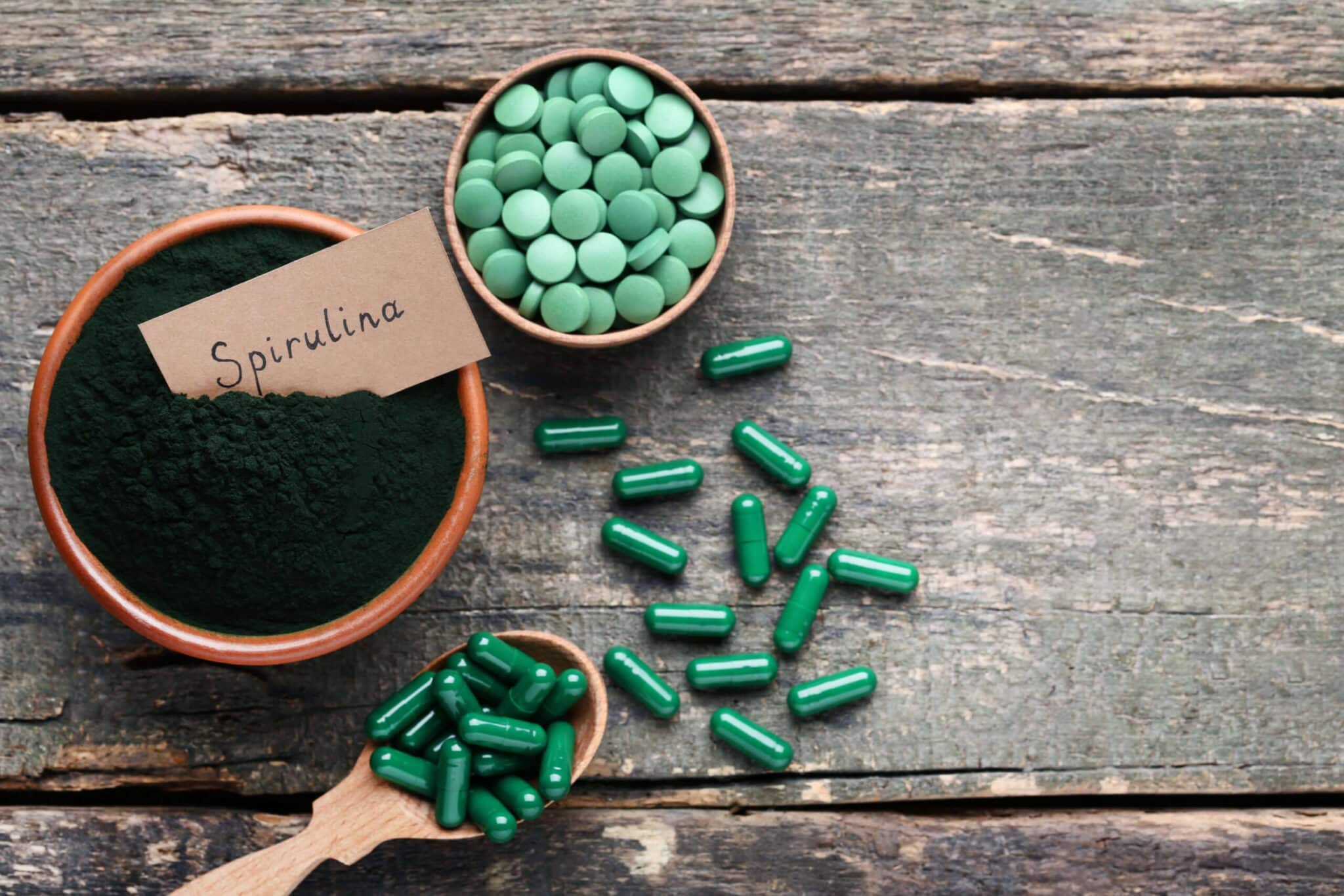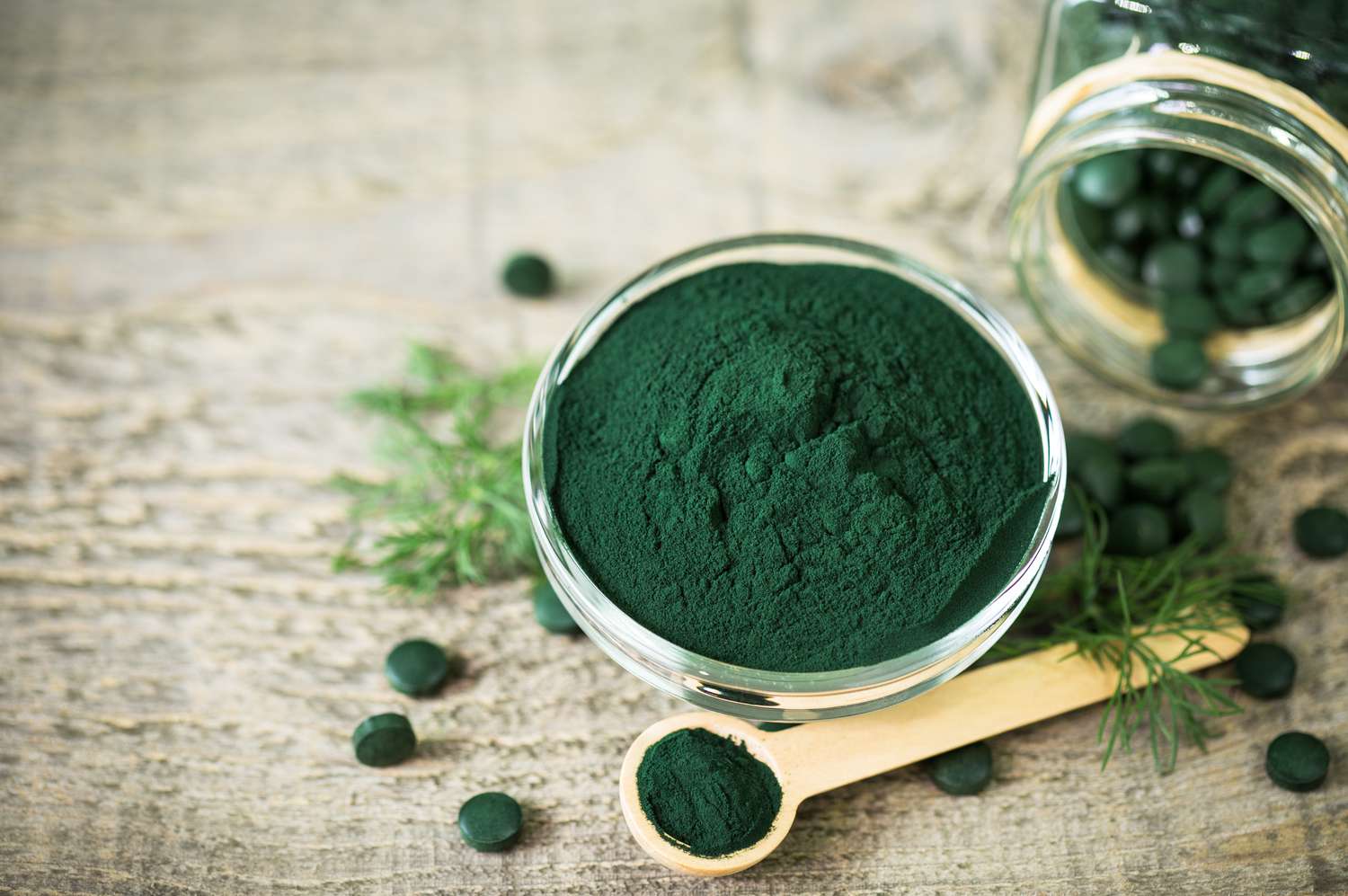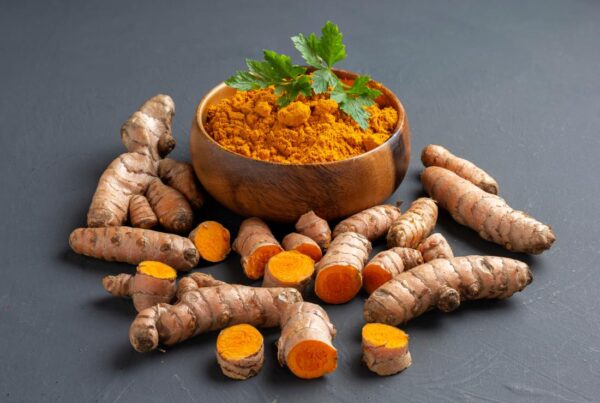Spirulina is among the world’s most popular supplements. It is not a plant but a type of algae that consists of cyanobacteria. Spirulina supplements are dark green in color.
People use spirulina to boost their levels of nutrients and antioxidants in their body, and it may help protect against various diseases.
Here are 3 evidence-based health uses and benefits of spirulina.
It is an organism that grows in both fresh and salt water.
It is a type of cyanobacteria, which is a family of single-celled microbes that are often referred to as blue-green algae.
Just like plants, cyanobacteria can produce energy from sunlight via a process called photosynthesis.
It was consumed by the ancient Aztecs but became popular again when NASA proposed that it could be grown in space for use by astronauts.
This tiny alga is packed with nutrients. A single tablespoon (tbsp.), or 7 g, of dried spirulina powder contains:
- Protein: 4 g
- Thiamin: 14% of the Daily Value (DV)
- Riboflavin: 20% of the DV
- Niacin: 6% of the DV
- Copper: 47% of the DV
- Iron: 11% of the DV

It also contains decent amounts of magnesium, potassium, and manganese.
In addition, the same amount contains only 20 calories and less than 2 g of carbohydrates.
It also provides a small amount of fat — around 1 g per tbsp. (7 g) — including both omega-6 and omega-3 fatty acids in an approximately 1.5–1.0 ratio.
Plus, the quality of the protein is considered excellent and provides all of the essential amino acids that your body needs.
Note that it is often claimed that spirulina contains vitamin B12, but this is false. It has pseudovitamin B12, which has not been shown to be effective in humans.
Spirulina Boosts powerful antioxidant and anti-inflammatory properties
Oxidative damage can harm your cells and can drive chronic inflammation, which contributes to cancer and other diseases.

It is a fantastic source of antioxidants, which can protect against oxidative damage.
Its main active component is called phycocyanin, which is an antioxidant that also gives spirulina its unique blue color.
Phycocyanin can fight free radicals and block the production of molecules that promote inflammation, providing impressive antioxidant and anti-inflammatory effects.
Heart disease is the world’s leading cause of death.
Many risk factors are linked to an increased risk of heart disease.
As it turns out, spirulina positively impacts many of these factors. For example, it can lower total cholesterol, LDL (bad) cholesterol, and triglycerides, while also increasing HDL (good) cholesterol.

While more studies are needed, some evidence suggests that spirulina has anti-cancer properties.
Research in animals indicates that it can reduce cancer occurrence and tumor size.
Spirulina’s effects on oral cancer — or cancer of the mouth — have been particularly well studied.
High blood pressure is a main driver of many serious conditions, including heart attack, stroke, and chronic kidney disease.

One review of five studies found that taking 1-8 g of spirulina per day could significantly reduce both systolic and diastolic blood pressure, especially for people with high blood pressure levels.




